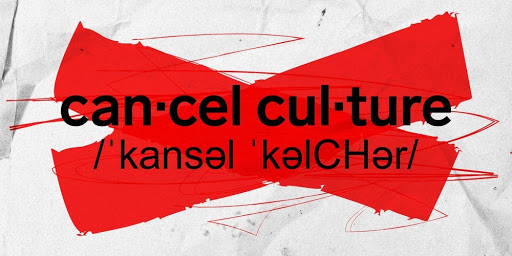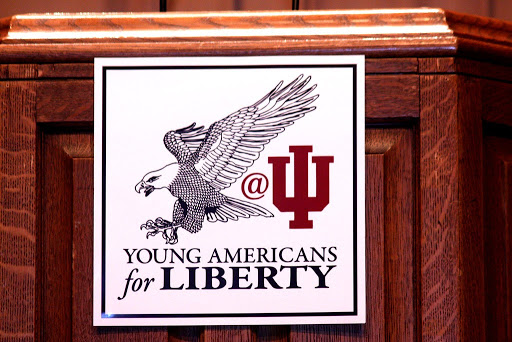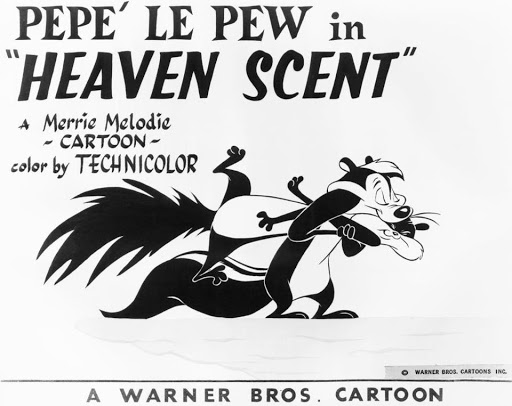
Cancel culture is now, unfortunately, a phenomenon ingrained into the background of life, politics, branding, social media, small social circles, and the workplace. Cancel culture, which former President Donald Trump called “the very definition of totalitarianism,” describes the phenomenon of frequent public pile-ons criticizing a person, business, movement, or idea. Where did it come from? Why are thousands of people, businesses, and movements being “canceled?”
Origins of Cancel Culture

According to Merriam-Webster the first instances of cancel culture as a term popped up in 2017. The definition of “Cancel,” in the sense of it being related to Cancel Culture, is to withdraw one’s support for (someone, such as a celebrity, or something, such as a company) and especially on social media. The definition of Cancel Culture is the practice or tendency of engaging in mass canceling as a way of expressing disapproval and exerting social pressure. Cancel Culture began as a positive movement coming after people with large platforms who didn’t deserve them such as Bill Cosby, Harvey Weinstein, and R. Kelly. They were cancelled due to their sex crimes. On the other end of the spectrum, cancel culture has turned into more of an internet bloodbath rather than a positive movement. People have recently begun to call out cancel culture itself as a negative movement, suggesting that the consequences of cancellation are too harsh in minor instances or represent rushed judgment in complicated situations. This is especially true for a Skidmore student, Hannah Davis, who is facing huge backlash for attempting to start a non-partisan groupon her campus called Young Americans for Liberty. Students on the campus claimed the group would be full of racism and bigotry and even went as far as to threaten Hannah with physical violence. How many other people and brands has Cancel Culture taken down?
Victims
Mumford and Sons recently lost their banjo player, Winston Marshall, after he endorsed an anti-antifa book. In a now-deleted tweet that sparked outrage, Marshall congratulated Andy Ngo for writing “Unmasked: Inside Antifa’s Radical Plan to Destroy Democracy.” Marshall called the book “important” and praised the conservative author. This sparked outrage in his bandmates and leftist communities. He issued an apology which is now his only tweet and left the band. Some on the Right are calling his apology “caving to social justice warriors.”

Cancel Culture will come for ANYONE not even cartoons are safe. This is the case for PePe Le Pew, a famous Looney Toon. We all know Pepe as the smelly, but adorable, skunk who is in love with Penelope Pussycat. It was claimed that his pursuit for the cat teaches boys “no doesn’t really mean no.” Pepe was not brought back for Space Jam 2 even though his one scene was going to highlight the importance of consent which would have fixed the exact reason Pepe was cancelled in the first place. These are only a few instances, people are cancelled every single day for reasons that don’t make a whole lot of sense.
Written by: Erinn Malloy

